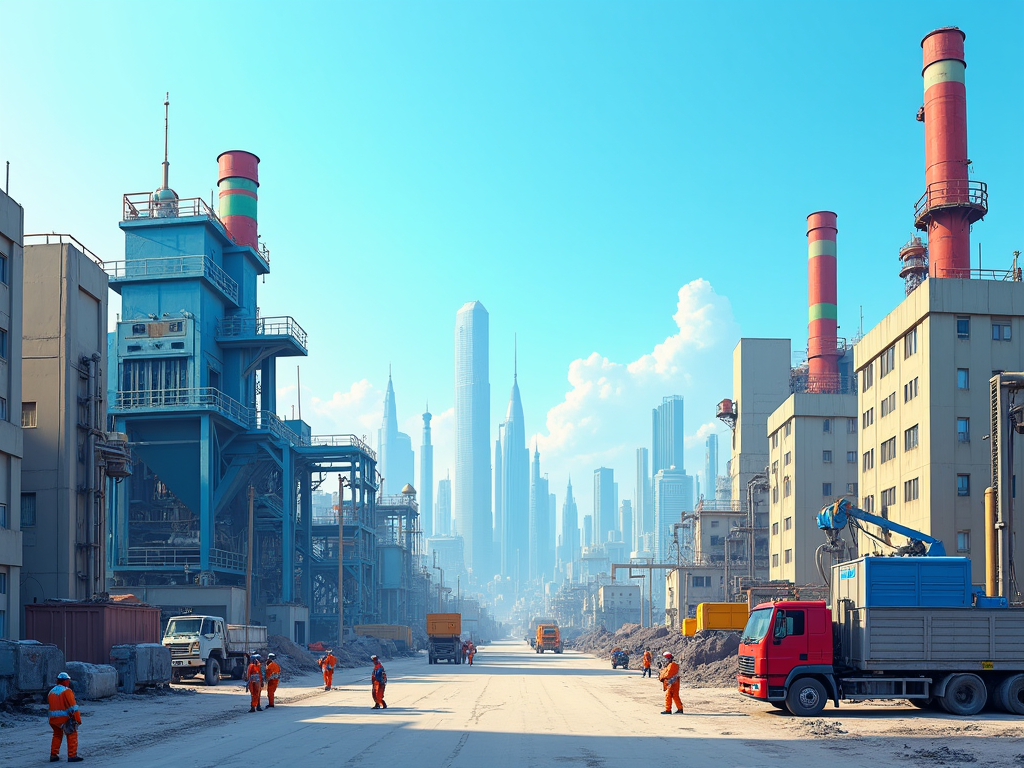Dubai’s logistics and transport industry serves as a catalyst for business growth by enhancing connectivity, facilitating trade, and streamlining supply chains. Known for its strategic geographical location, advanced infrastructure, and pro-business regulations, Dubai has become a hub for logistics and transportation in the Middle East and beyond. This article delves into the various components of this dynamic sector and how they contribute to economic expansion.
The Strategic Location of Dubai

Dubai’s unique geographical positioning plays a pivotal role in its logistics and transport industry. Situated at the crossroads of Europe, Asia, and Africa, it provides an ideal gateway for global trade. This strategic location offers several advantages:
- Global Access: Businesses can reach emerging markets in the Middle East, South Asia, and Africa more efficiently.
- Shortened Transit Times: Proximity to major shipping routes reduces delivery times, enhancing customer satisfaction.
- Hub for Airlines: Emirates Airlines has established Dubai Airport as a major transit point, boosting air cargo operations.
These advantages not only attract multinational corporations but also facilitate local businesses in expanding their market reach, leading to enhanced competitiveness and growth.
Advanced Infrastructure Development

Dubai’s continuous investment in infrastructure significantly contributes to its logistics and transport sector. The development of state-of-the-art ports, airports, and road networks has streamlined trade processes. Key infrastructure elements include:
- Dubai Ports World: One of the largest port operators globally, facilitating efficient maritime operations.
- Dubai International Airport: A leading hub for international cargo movement.
- Road Networks: Extensive highways that connect Dubai with neighboring Emirates and countries.
This robust infrastructure not only reduces operational costs for businesses but also bolsters trade volumes, fostering an environment conducive to growth.
The integration of advanced technologies in Dubai’s logistics sector enhances efficiency and productivity. Technologies like blockchain, artificial intelligence (AI), and the Internet of Things (IoT) are revolutionizing traditional processes. Key innovations include:
- Blockchain: Ensures transparency and security in supply chain management.
- AI: Enhances demand forecasting and inventory management.
- IoT: Enables real-time tracking of shipments and assets.
These technological advancements not only facilitate smoother operations but also attract tech-driven companies seeking a competitive edge, thus driving economic growth.
Pro-Business Policies and Initiatives
The Dubai government has implemented several pro-business policies aimed at fostering a conducive environment for the logistics and transport sector. These strategies include:
- Free Trade Zones: Special economic zones offering tax incentives and 100% foreign ownership.
- Streamlined Regulations: Simplified customs processes to expedite trade.
- Investment in Training: Initiatives to develop a skilled workforce in logistics and supply chain management.
These policies not only encourage foreign investment but also promote entrepreneurship, underpinning sustainable business growth in the region.
Conclusion
In summary, Dubai’s logistics and transport industry significantly drives business growth through its strategic location, advanced infrastructure, technological innovations, and supportive policies. As this sector continues to evolve, it presents numerous opportunities for businesses to thrive in an increasingly competitive global landscape. By leveraging these advantages, companies can enhance their operational efficiency and expand their market presence, making Dubai an ideal hub for logistics and transportation.
Frequently Asked Questions
1. What makes Dubai a logistics hub?
Dubai’s strategic geographical location, world-class infrastructure, and connectivity to global markets make it a leading logistics hub.
2. How does technology impact Dubai’s logistics industry?
Integration of technologies like blockchain, AI, and IoT enhances efficiency, improves transparency, and optimizes supply chain management.
3. What policies does the Dubai government have to support logistics businesses?
The government offers free trade zones, streamlined regulations, and investment in training programs to create a business-friendly environment.
4. How does Dubai’s logistics sector affect the economy?
The logistics sector stimulates economic growth by attracting foreign investment, creating jobs, and facilitating trade.
5. What are the key components of Dubai’s logistics infrastructure?
Key components include Dubai Ports World, Dubai International Airport, and extensive road networks that enhance connectivity and trade efficiency.


